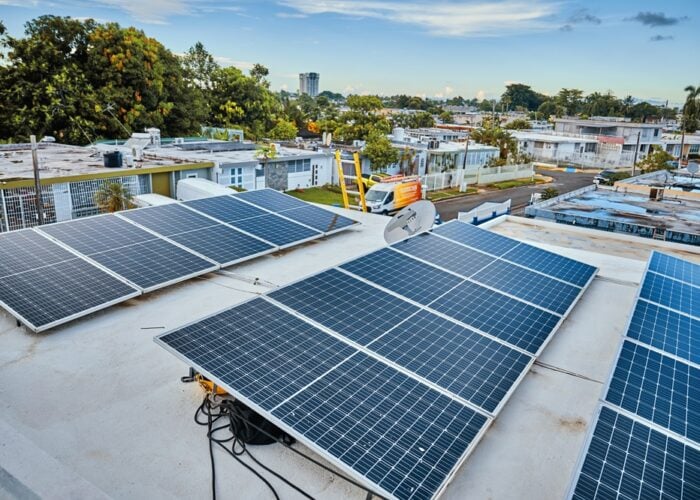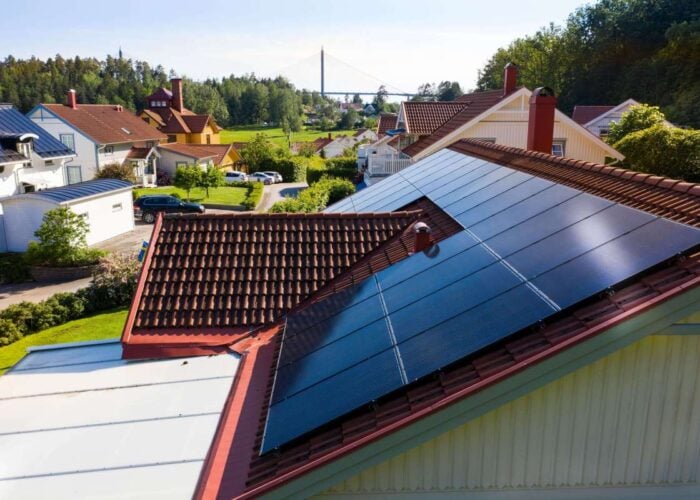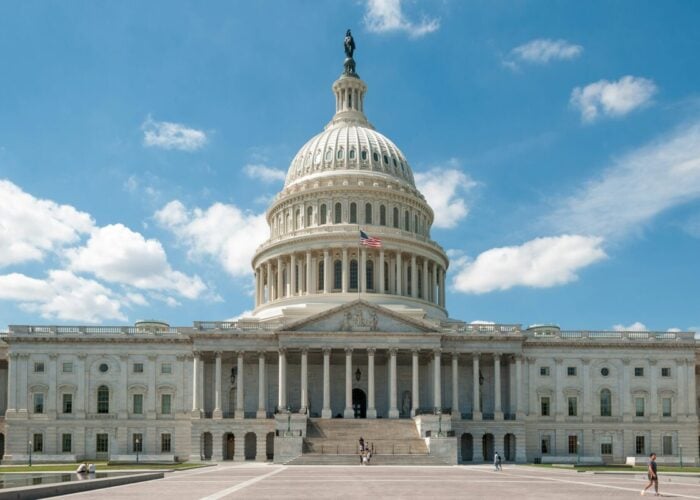
Massachusetts governor Charlie Baker signed a state climate bill on Friday that creates benchmarks for the adoption of solar power technologies.
The bill, An Act Creating a Next Generation Roadmap for Massachusetts Climate Policy, outlines key policies that would require the state to run on 40% renewable energy. In order to achieve this, the bill would raise the standard requirement for state utilities’ renewable energy portfolios by 3% each year between 2025 and 2029, and also demand that utilities secure 2.4GW of wind power from 2025.
Try Premium for just $1
- Full premium access for the first month at only $1
- Converts to an annual rate after 30 days unless cancelled
- Cancel anytime during the trial period
Premium Benefits
- Expert industry analysis and interviews
- Digital access to PV Tech Power journal
- Exclusive event discounts
Or get the full Premium subscription right away
Or continue reading this article for free
Baker signed the Act into law last Friday (26 March) after months of toing and froing between state authorities. It was first put forward in January as part of a wider aim to enable the state to reach a 50% reduction of carbon emissions by 2030, and net-zero carbon by 2050.
Senators advanced the bill in a 39-1 vote 15 March, before House members did the same in a 146-13 vote.
As well as mandating more renewable resources for utilities, the bill relaxes the state’s net metering thresholds for solar PV, enabling businesses to sell wholesale solar power at retail rates, and requires the Department of Energy Resources to ensure “equitable access and energy affordability” in new solar incentive initiatives.
It also clarifies how taxes are assessed on wind, solar and energy storage systems, provides tax breaks for households and small businesses with behind-the-meter systems, and incentivises entities within the Solar Massachusetts Renewable Target (SMART) programme to serve lower income areas.
Baker said the bill “puts us on an ambitious path to achieving a cleaner and more liveable commonwealth, while also creating economic development opportunities”.






